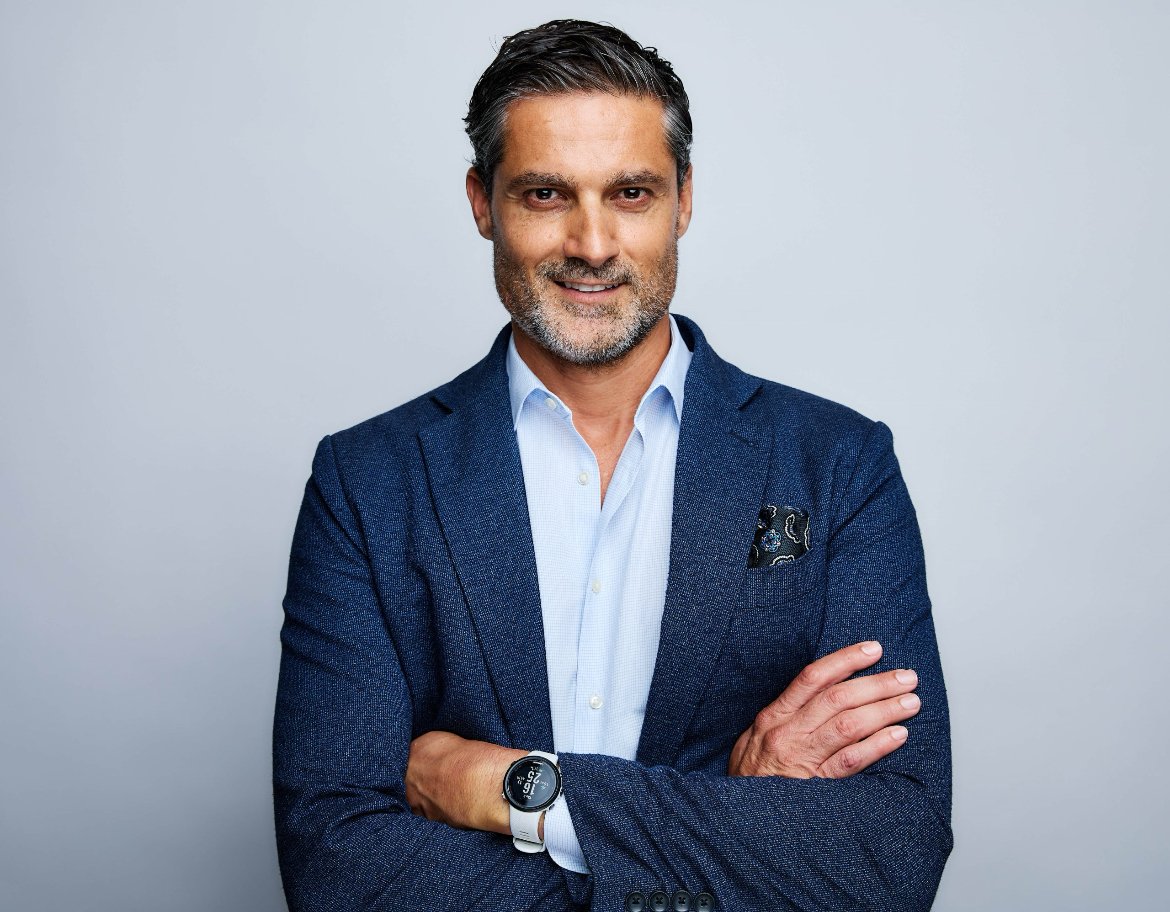Embracing Mental Health and Wellness in Hospitality: Insights from Cesar Wurm
By: Steve Turk
The hospitality industry is vibrant, dynamic, and filled with the thrill of creating memorable experiences for guests. However, behind the scenes, it’s also an environment characterized by high pressure, long hours, and often relentless demands. As the conversation around mental health becomes increasingly prevalent, it’s essential for hospitality professionals to prioritize wellness—not just for their guests, but for themselves and their teams.
Cesar Wurm
Cesar Wurm, Vice President of Commercial for IHG and author of The Power of Addiction, has been vocal about the importance of mental health in the industry. During a conversation on The Hospitality Mentor Podcast, Cesar shared personal insights and reflections that resonate deeply within the world of hospitality. He emphasized the need for greater awareness and support, highlighting how the industry’s fast-paced nature can often mask underlying issues.
"Especially with addiction, you become so good at hiding it," Cesar noted, reflecting on his own experiences. His journey through addiction and recovery has given him a unique perspective on the critical role mental health plays in both personal and professional success. For many in hospitality, the pressure to perform, coupled with the culture of long hours and constant interaction, can lead to burnout, anxiety, and other mental health challenges.
Cesar’s book, The Power of Addiction, explores his struggles and triumphs, offering a candid look at the realities of addiction. His story is not just about overcoming personal obstacles; it’s a call to action for the hospitality industry to acknowledge and address mental health openly. He reminds us that it’s not enough to simply push through tough times—there needs to be a concerted effort to support those who are struggling.
In hospitality, where the emphasis is often on providing exceptional service and maintaining a positive outward appearance, admitting to personal struggles can feel daunting. Cesar’s willingness to share his journey serves as an important reminder that vulnerability is not a weakness but a strength. "Always be open to figuring out what works for you," he advised. "Talk to someone because I never met an addict or anyone that's depressed who wants to be in that place."
Creating a supportive environment is crucial for fostering resilience among hospitality professionals. This can include implementing mental health resources, offering flexible schedules, and promoting a culture where employees feel safe seeking help. For leaders, it’s about setting the tone—acknowledging the pressures of the job and making mental wellness a priority.
The resilience of the hospitality industry has been tested in recent years, particularly during the pandemic. Yet, as Cesar pointed out, the industry’s strength lies in its ability to adapt and come together in times of crisis. This resilience should extend to mental health as well, encouraging an industry-wide shift towards openness, support, and proactive care.
As we continue to navigate the evolving landscape of hospitality, the well-being of those who make the magic happen should never be an afterthought. By embracing mental health and wellness as integral parts of the hospitality experience, we not only create healthier work environments but also set the stage for sustainable success. Cesar’s insights and advocacy underscore a crucial message: taking care of our mental health is essential, not just for thriving in hospitality but for leading more balanced and fulfilling lives.



